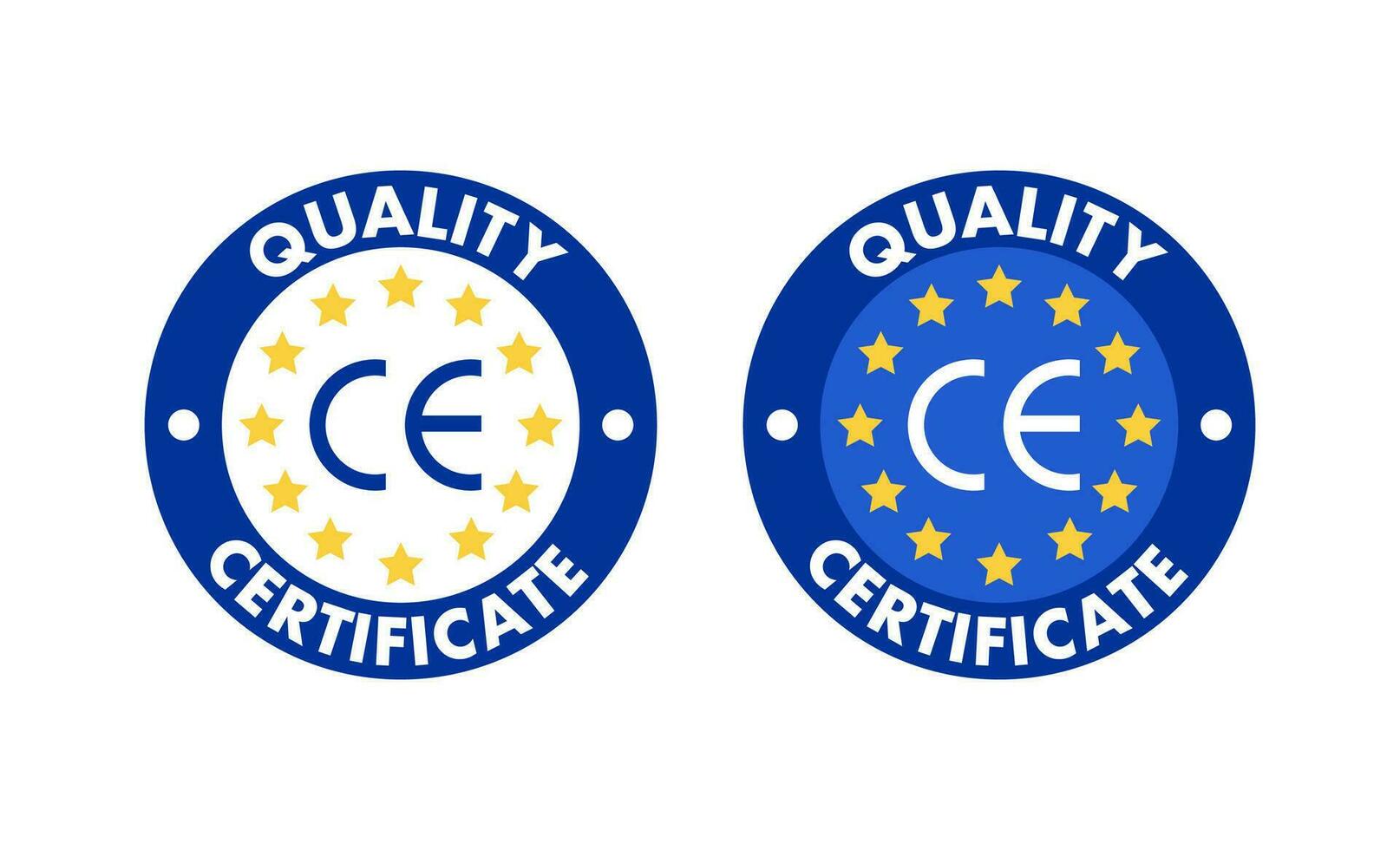What is an ISO Certificate?
An ISO Certificate is a formal certification issued by the International Organization for Standardization (ISO). This certification indicates that an organization complies with internationally recognized standards for quality, safety, efficiency, and environmental management. ISO standards are a set of globally accepted guidelines designed to ensure that products and services are safe, reliable, and of good quality.
- Types of ISO Certifications
ISO 9001 (Quality Management System):
This certification ensures that organizations meet customer requirements and continually improve their processes, products, and services.
ISO 14001 (Environmental Management System):
Certifies that an organization has a system in place to manage its environmental impact and adhere to environmental laws and regulations.
ISO 45001 (Occupational Health and Safety):
Focuses on ensuring that organizations provide a safe and healthy working environment for their employees.
ISO 22000 (Food Safety Management):
Ensures that organizations involved in food production and distribution maintain high standards of food safety.
ISO 27001 (Information Security Management):
Certifies that an organization has a system for managing sensitive company information, ensuring data protection and security.
- Uses of ISO Certificate
Improves Organizational Efficiency:
ISO standards provide a structured framework for organizations to improve internal processes, reduce waste, and optimize resource usage.
Increases Customer Satisfaction:
ISO-certified companies are committed to maintaining high-quality standards, leading to improved customer satisfaction and loyalty.
Market Recognition:
ISO certification is a mark of credibility and global recognition, enhancing the company’s reputation and trust among clients and stakeholders.
Compliance with Regulations:
ISO certifications ensure that companies meet legal and regulatory requirements, especially in industries like healthcare, food safety, and environmental management.
Competitive Advantage:
Organizations with ISO certification stand out from competitors who are not certified, making it easier to win business and enter international markets.
- Benefits of ISO Certificate
✅ Improved Product Quality:
ISO certification helps organizations streamline processes and eliminate inefficiencies, leading to improved product or service quality.
✅ Global Recognition:
ISO-certified businesses are recognized worldwide for maintaining high standards, allowing them to expand into international markets.
✅ Enhanced Reputation:
ISO certification is a mark of trust and reliability, boosting the company’s reputation among customers, suppliers, and stakeholders.
✅ Operational Efficiency and Cost Savings:
By adhering to ISO standards, businesses can improve their internal operations, reduce waste, and lower operational costs.
✅ Increased Market Opportunities:
ISO-certified businesses are often preferred in government tenders, partnerships, and collaborations due to their adherence to quality and safety standards.
✅ Employee Satisfaction:
ISO-certified organizations focus on creating a safe and efficient working environment, contributing to improved employee morale and retention.
- How to Get ISO Certified
Choose the Relevant ISO Standard:
Depending on the nature of your business, select the appropriate ISO certification (e.g., ISO 9001 for quality, ISO 14001 for environmental management, etc.).
Prepare for the Audit:
Implement the necessary processes, policies, and documentation to meet the standards set by ISO.
Undergo an Assessment:
An accredited ISO certification body will conduct an audit of your organization’s processes, systems, and practices to ensure compliance.
Achieve Certification:
Once your organization passes the audit, you will receive the ISO certificate, indicating that your organization meets the required standards.
Maintain Certification:
ISO certification is not a one-time process. Organizations must undergo regular audits to maintain their certification.
- Conclusion
An ISO Certificate is a powerful tool for organizations looking to improve their operational efficiency, meet regulatory requirements, and gain global recognition. It helps businesses provide high-quality products and services, increase customer satisfaction, and improve their competitive position in the market. Whether you’re in manufacturing, food production, information security, or environmental management, obtaining ISO certification can lead to significant long-term benefits for your organization.


